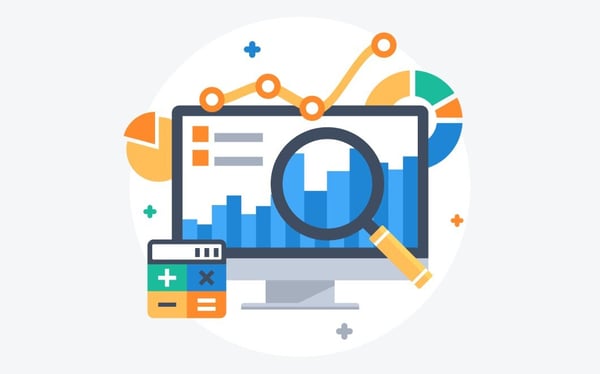4 Must-have Data Points for Dispatch-Billing Alignment and Maximum Reimbursement
How To Use Automated RCM Tools and Healthcare Market Intelligence To Power Reimbursement
Revenue cycle management professionals can leverage technology to streamline their billing workflows, create greater visibility into claim status, and ultimately capture more revenue
Was this information valuable?

In the hectic moments on scene, common obstacles arise that affect an EMS organization’s revenue cycle management (RCM) process. Some examples include patients who are only able to give partial demographic information verbally or who may be uncertain whether they have active insurance. Moreover, the billing process itself can pose additional challenges, such as:
- Documentation and coding inaccuracies
- Complex payer requirements, such as with Medicaid
- Manual processes, which are prone to data errors, to prepare and batch
While common, the challenges with obtaining complete, accurate demographics, insurance, and billing can each cause payment delays and claim denials. The stakes for operations, staffing, and financial performance are high and rely on timely, maximum compliant payment, so agencies must seize every opportunity to improve revenue capture.
Billing Automation to the Rescue
RCM professionals can leverage cloud-based technology and automation to help streamline their billing workflows and improve revenue. Billing automation can help with normally time-consuming, manual tasks such as Medicare fee schedules. Billing automation technology also plays a big role in tracking real-time cash flow, predicting claim reimbursement amounts, and more.
Some common tools included in automated billing technology include:
- Insurance Discovery and Insurance Verification, which finds and verifies billable, active insurance
- Demographic Verifier, which finds, fixes, and verifies patient information
- Deductible Monitoring, which keeps track of when a patient deductible is met
- Self-pay Analyzer, which assesses a patient’s propensity to pay and charitable discount eligibility
Market Intelligence Equals Reimbursement Transparency
Using a healthcare market intelligence data service can improve visibility into payer behavior in an agency’s market. A best-in-class service can reveal what area providers are charging for similar services, see payers’ qualifying payment amounts and median network rates, and help agencies get the data needed to support negotiations in billing disputes and during the Federal Independent Dispute Resolution (IDR) process. Quality data with a high degree of confidence saves time, resources, and can result in more positive negotiation outcomes.
To learn more about how technology can help streamline RCM processes and provide powerful decision support data, read the full article, “These Powerful Software and Data Solutions Help EMS Agencies Reduce Pain Points Throughout Revenue Cycle.”
Read More About Improving Your Billing
Related Posts
Podcast: 4 Ways ePCR Software Can Relieve EMS’ Biggest Headaches
Black Book Research Ranks ZOLL Billing the #1 Insurance Discovery Solution
ZOLL Pulse Blog
Subscribe to our blog and receive quality content that makes your job as an EMS & fire, hospital, or AR professional easier.
ZOLL Pulse Blog
Subscribe to our blog and receive quality content that makes your job as an EMS, fire, hospital, or AR professional easier.




